
[ad_1]
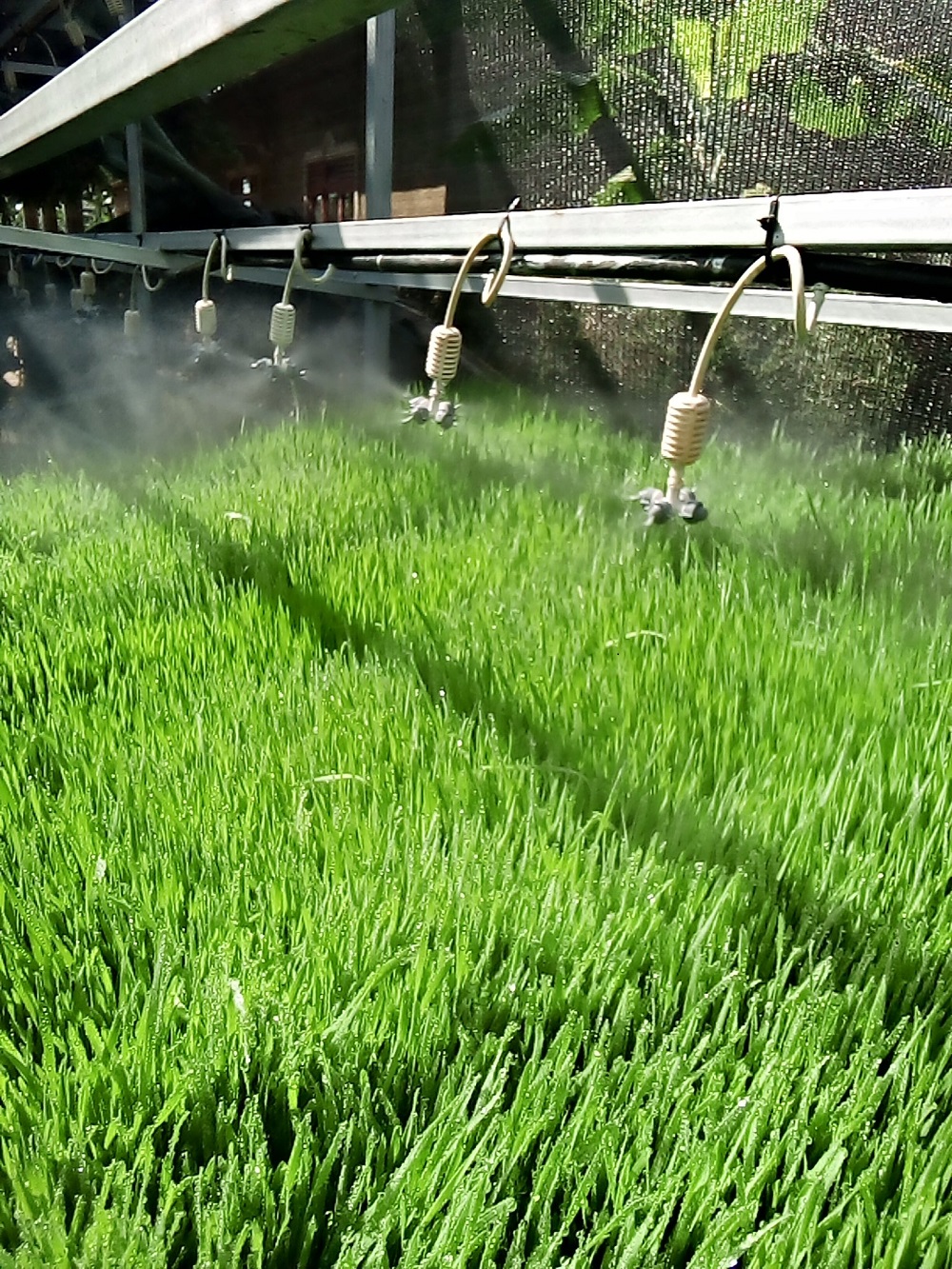
The co-op has an indoor building that doesn’t require much equipment, and the hay is grown in just seven days and then sold to farmers.
Jackson Karara, CEO of the Uruhimbi Kageyo Cooperative, explained their approach, saying they buy grains such as wheat, maize, sorghum etc. from farmers. They grow them in designated areas with only water and no fertilizers or other pesticides.
He said the grass they grow is for almost all herbivorous animals. The grass harvested on the fourth day is fed to birds such as chickens, birds, and ducks. The hay harvested on the sixth day is used to feed pigs, rabbits, goats, and sheep. The grass harvested on the seventh day can be used to feed cattle, pigs, camels, and other livestock…
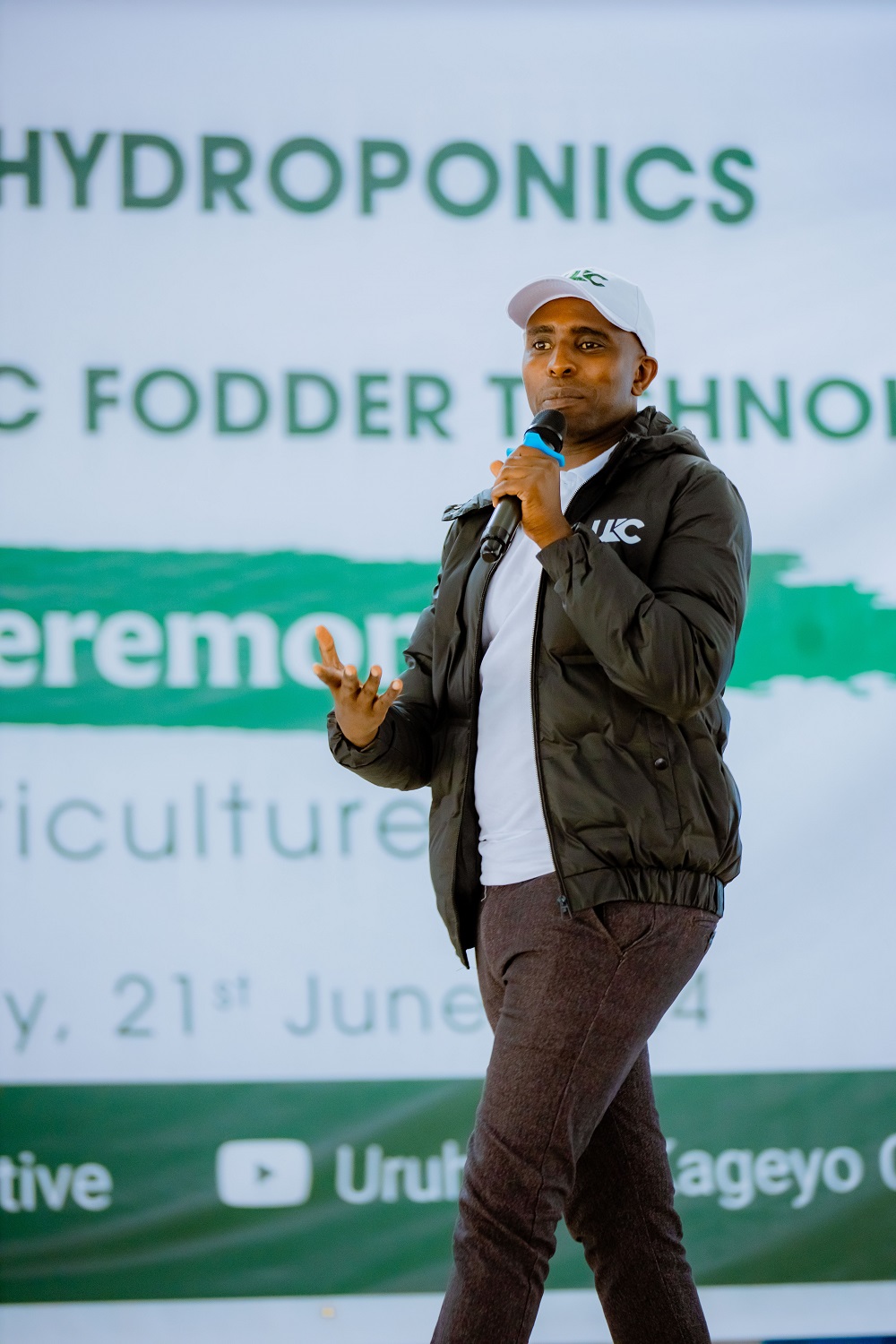
Jackson Karara, CEO of Uruhimbi Kageyo Cooperative, explains what they are doing
The head of Kopetarive said their activities were effective in solving the problem of fodder shortage, especially in the summer (hot summer).
“It is a solution for farmers because they can get more grass in a shorter time. On a small plot of 15m x 8m, 43 tonnes can be harvested per week. It is also a way to combat climate change because grass is available at all times, whether it is summer or rainy season,” he said.
Grass is cheap, he said, because it requires no fertilizer or chemicals, just watering.
They teach farmers how to mix different types of hay to better care for their animals.
As for price, cattle hay is sold at between 90-130 FRW per kilogram, including delivery to the breeder who needs it, and the price varies depending on the breeder’s location.
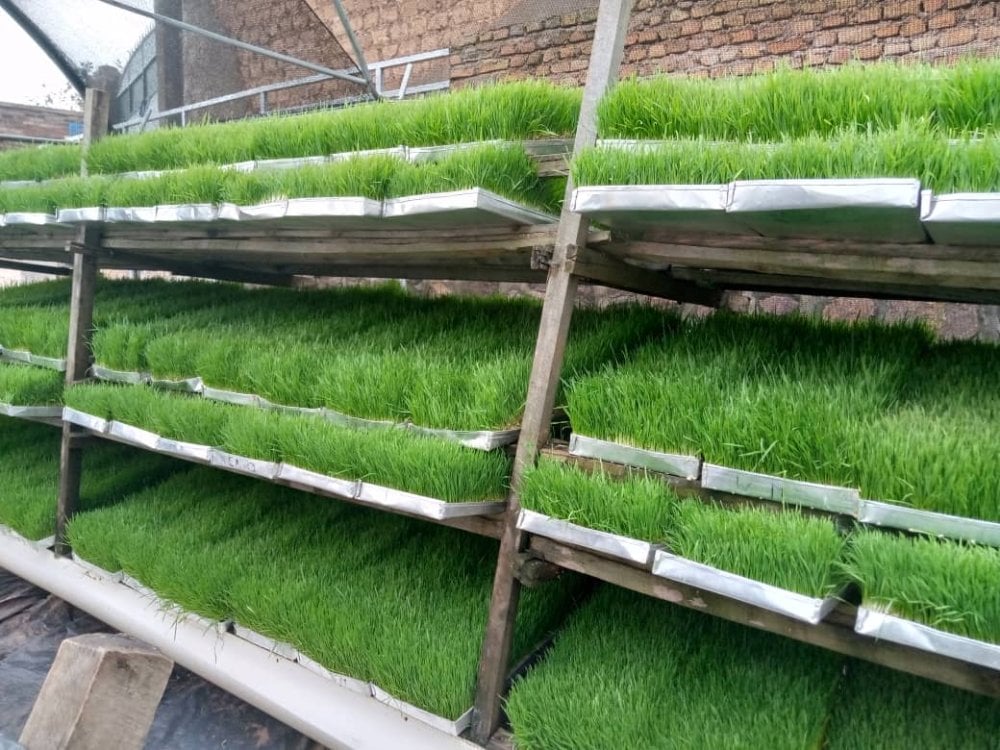
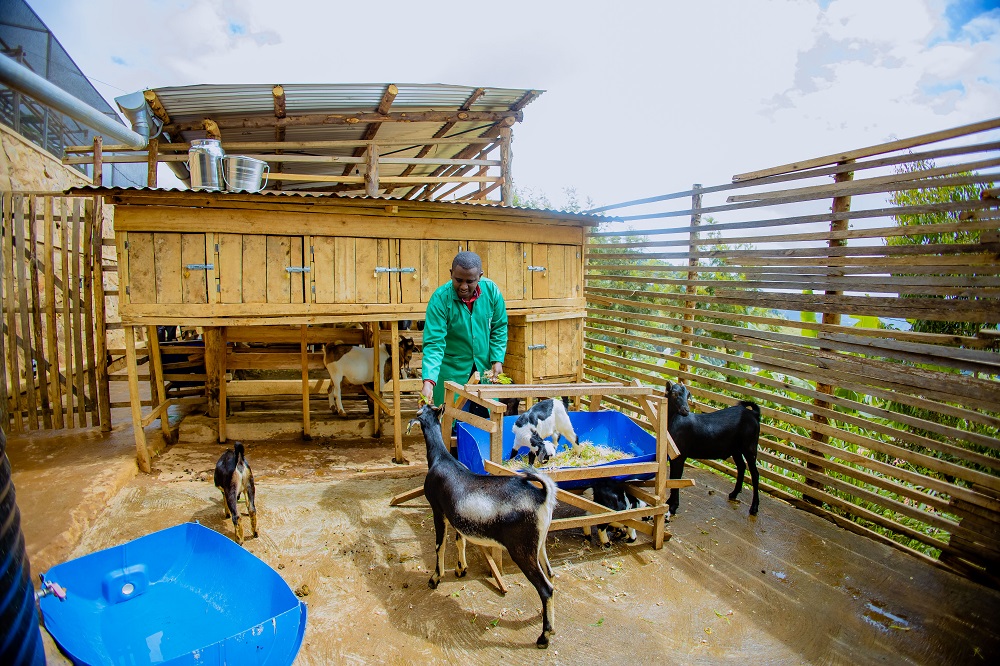
Pig hay is 180 frw per kg, rabbit, goat and sheep hay is 160 frw per kg, and chicken hay is 280 frw per kg.
As the cooperative manager goes on to explain, the cooperative also helps people by increasing their knowledge so that they can also work for the cooperative. He says: “We help any breeder or anyone who wants to have technology. We give him in-depth training, help him build a house, give him a 7-day training on how to prepare hay, and teach him how to maintain and distribute this hay.”
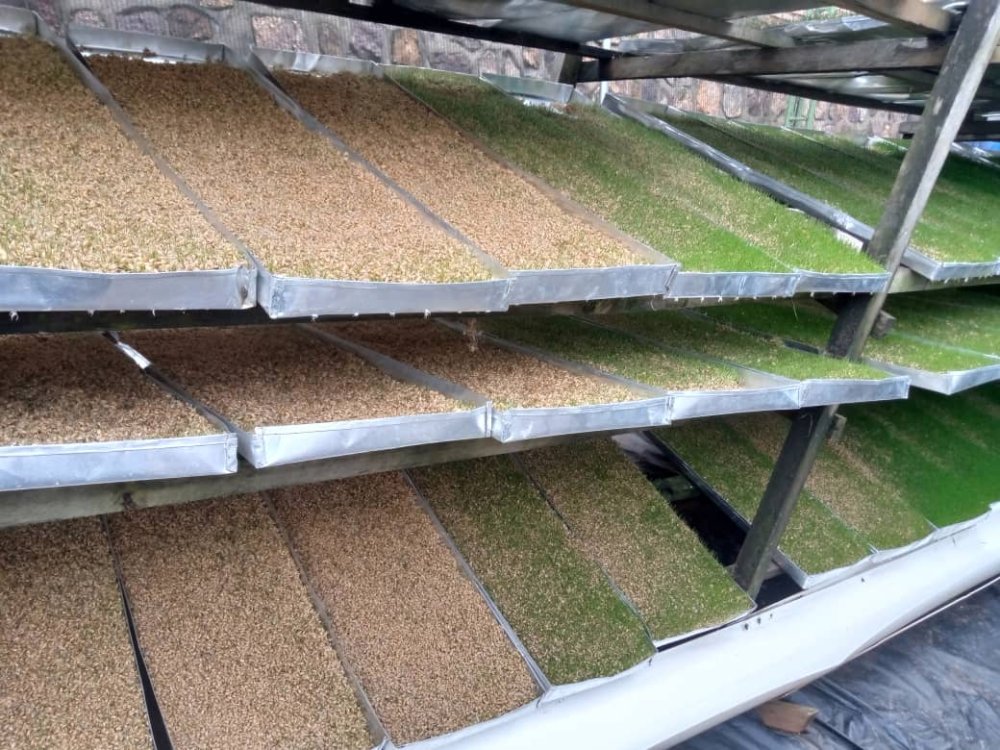
Over time, these grains grow and turn into grass.
The problem that the cooperative sometimes faces is that there is not enough food, and farmers must be encouraged to increase production, but the harvest must also be good and not spoil, because live food grows weeds.
On June 21, 2024, the Uruhimbi Kageyo Cooperative, in partnership with the Mastercard Foundation, awarded certificates to 158 young people, mainly those studying agriculture, who were trained to produce animal feed with the help of technology.
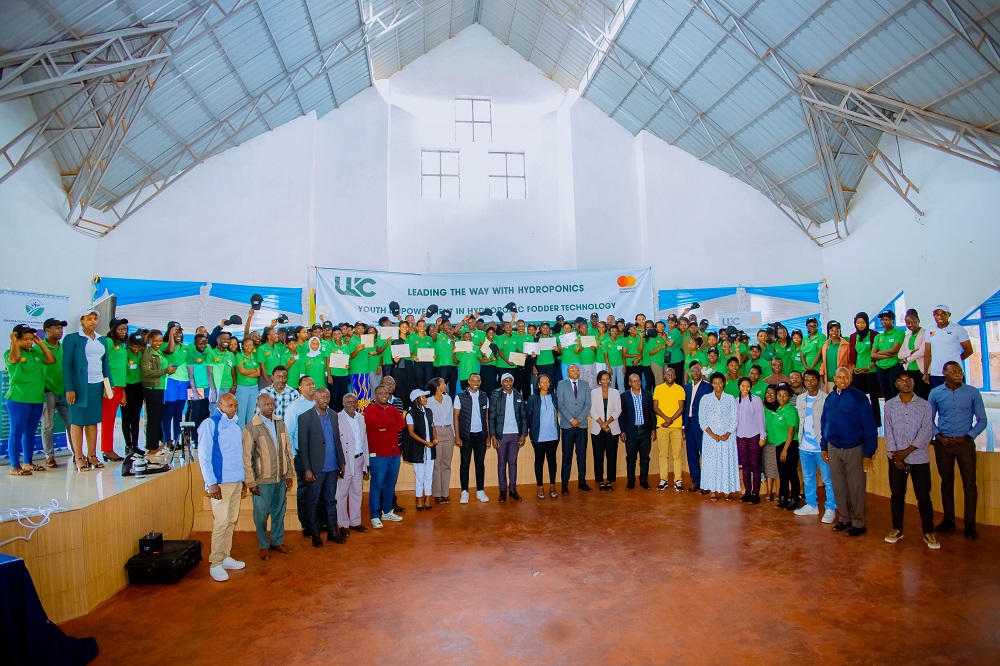
Most young people understand how to make this animal feed
Of those who received this knowledge, 70% were women, 5% were refugees, and 5% were disabled. The cooperative also trained farmers to master the skills of processing feed themselves.
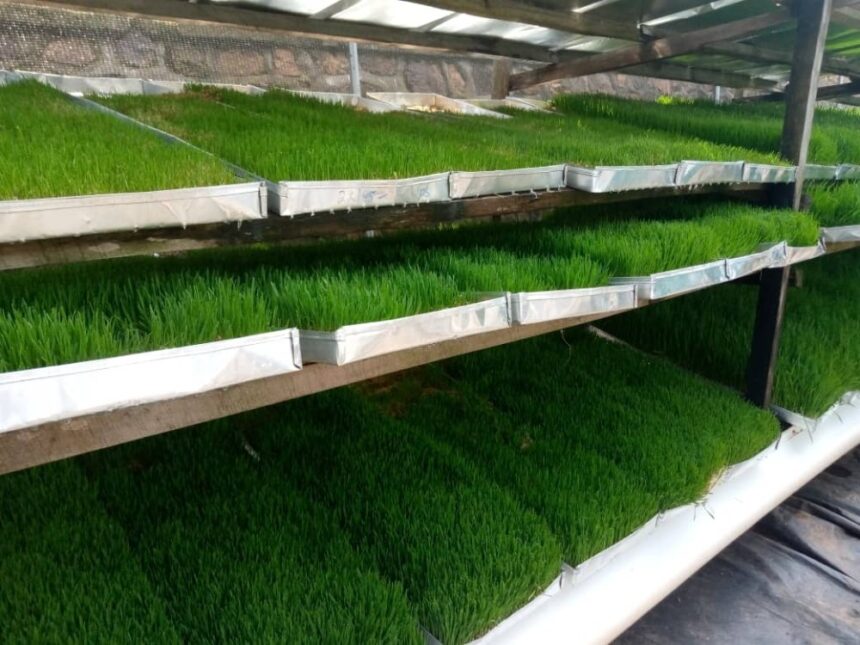
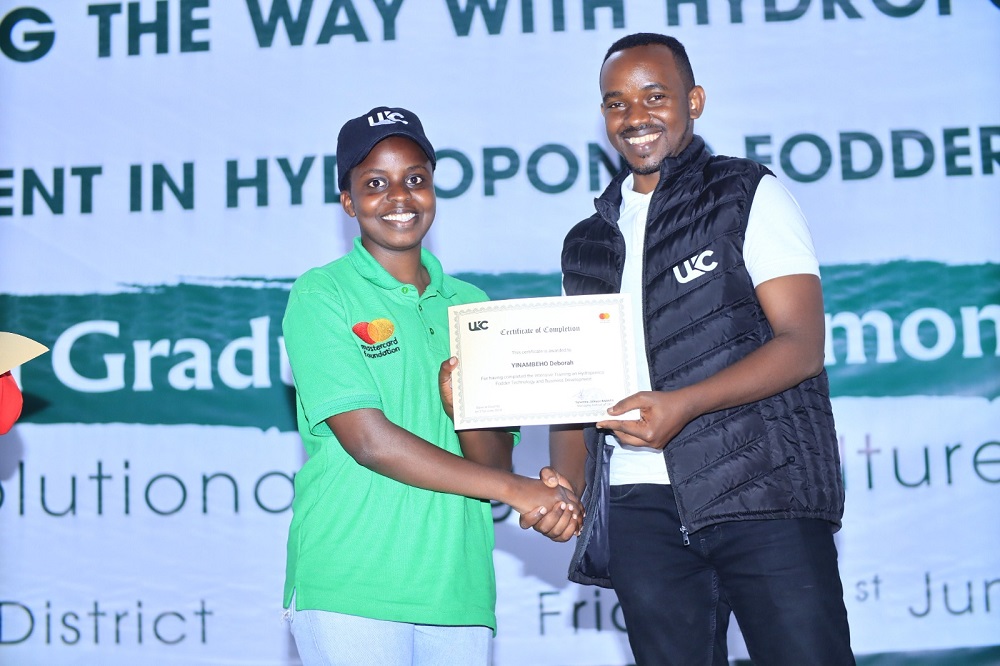
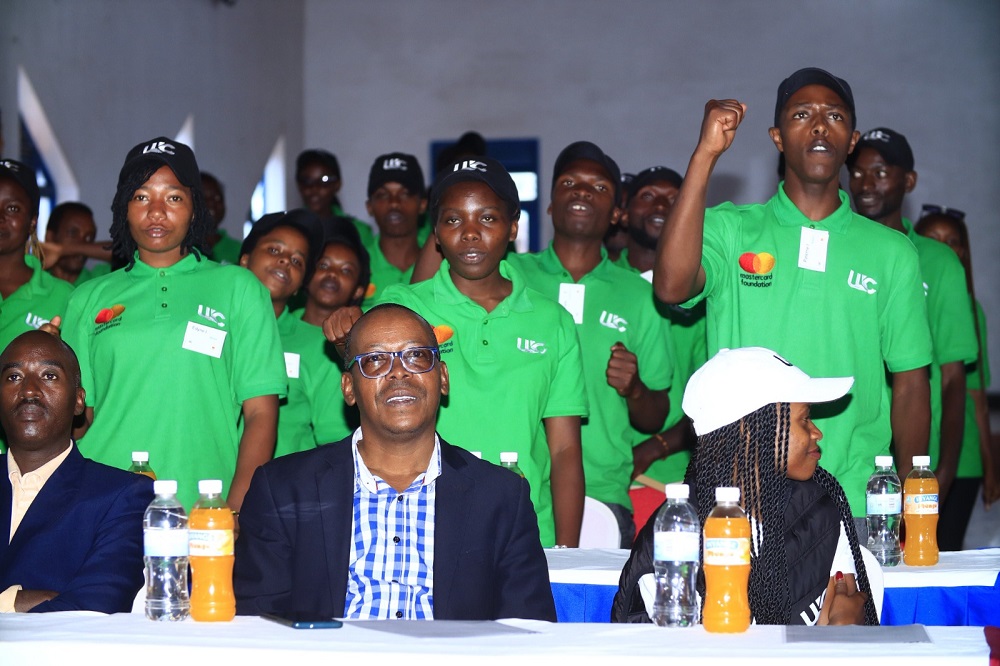
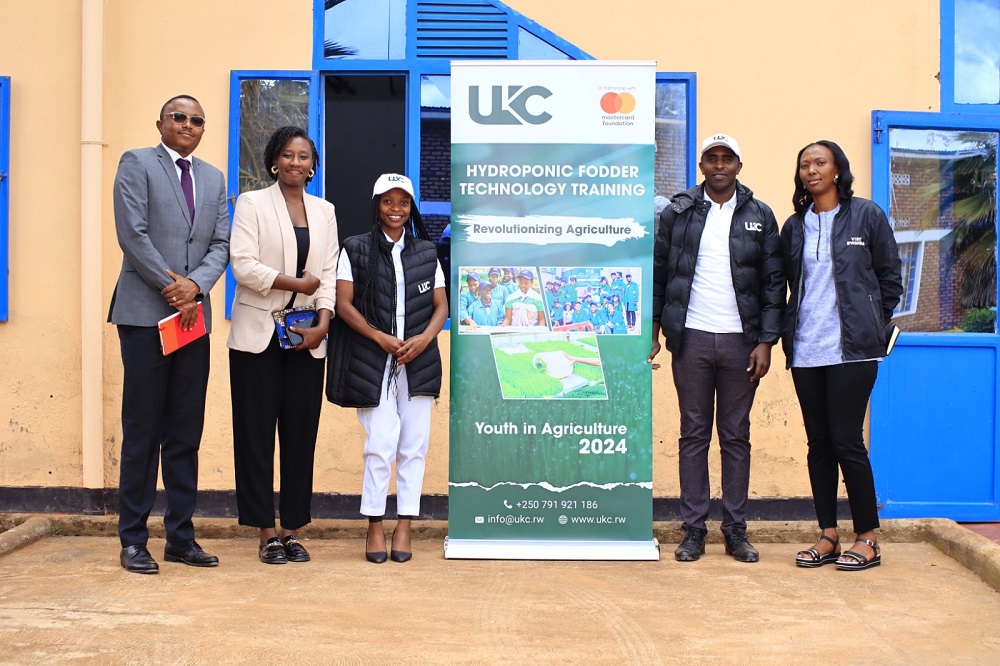
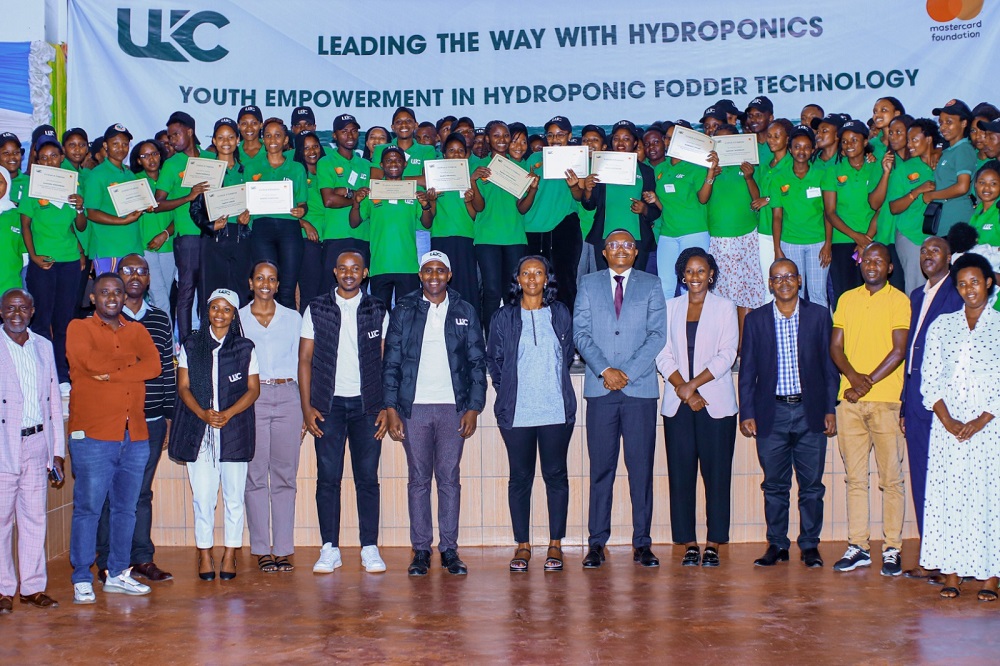
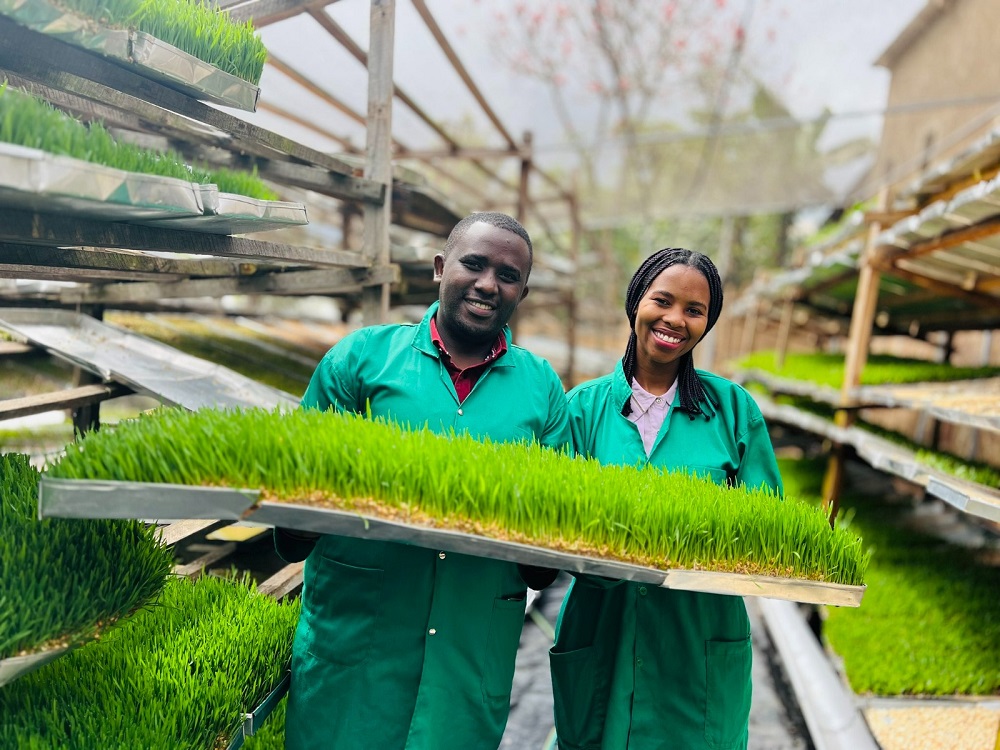
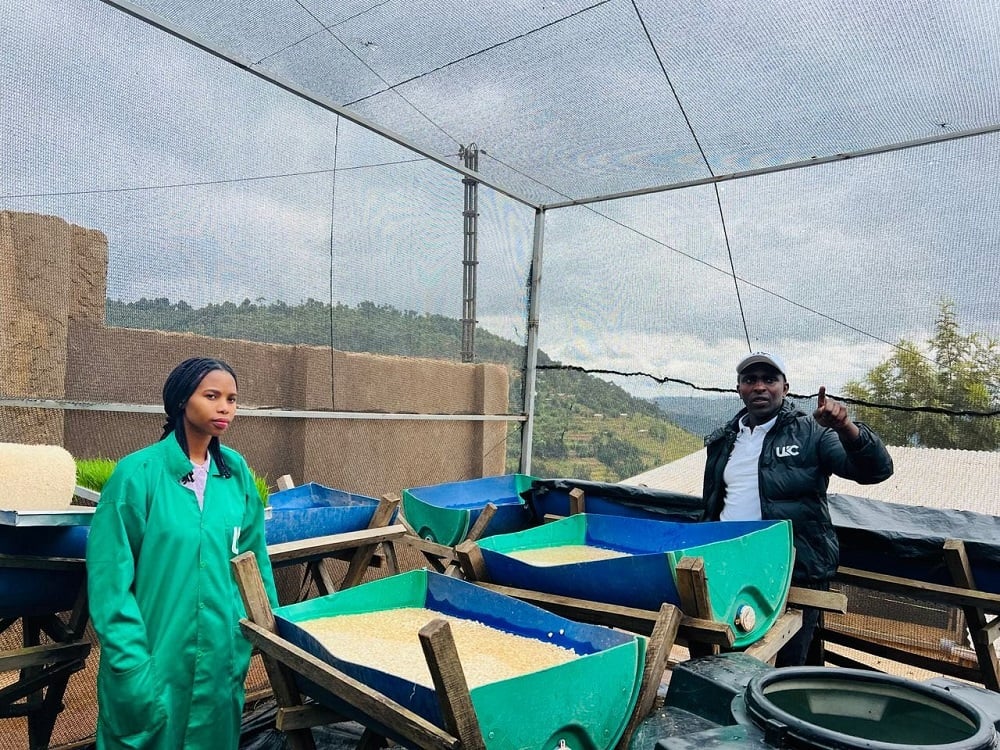
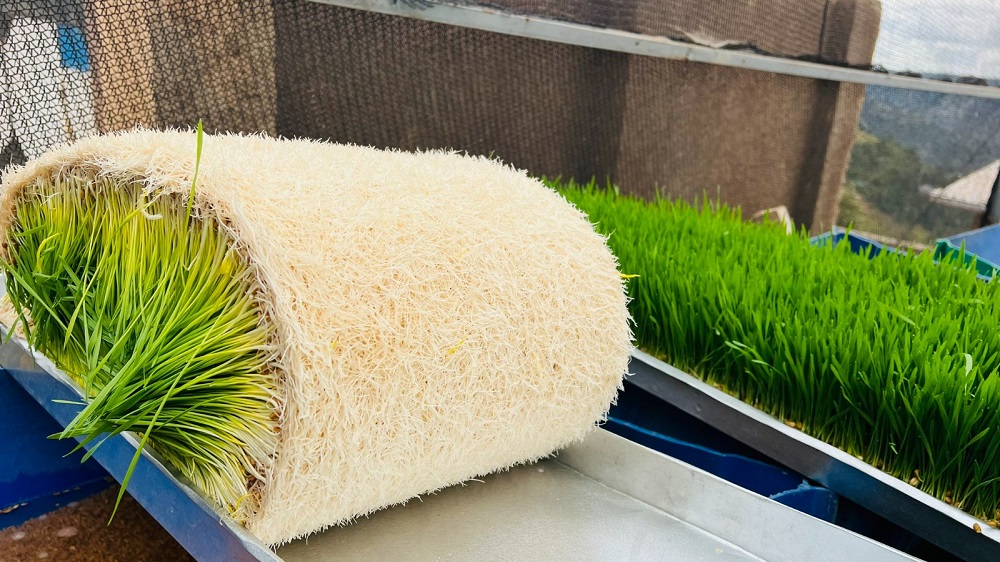
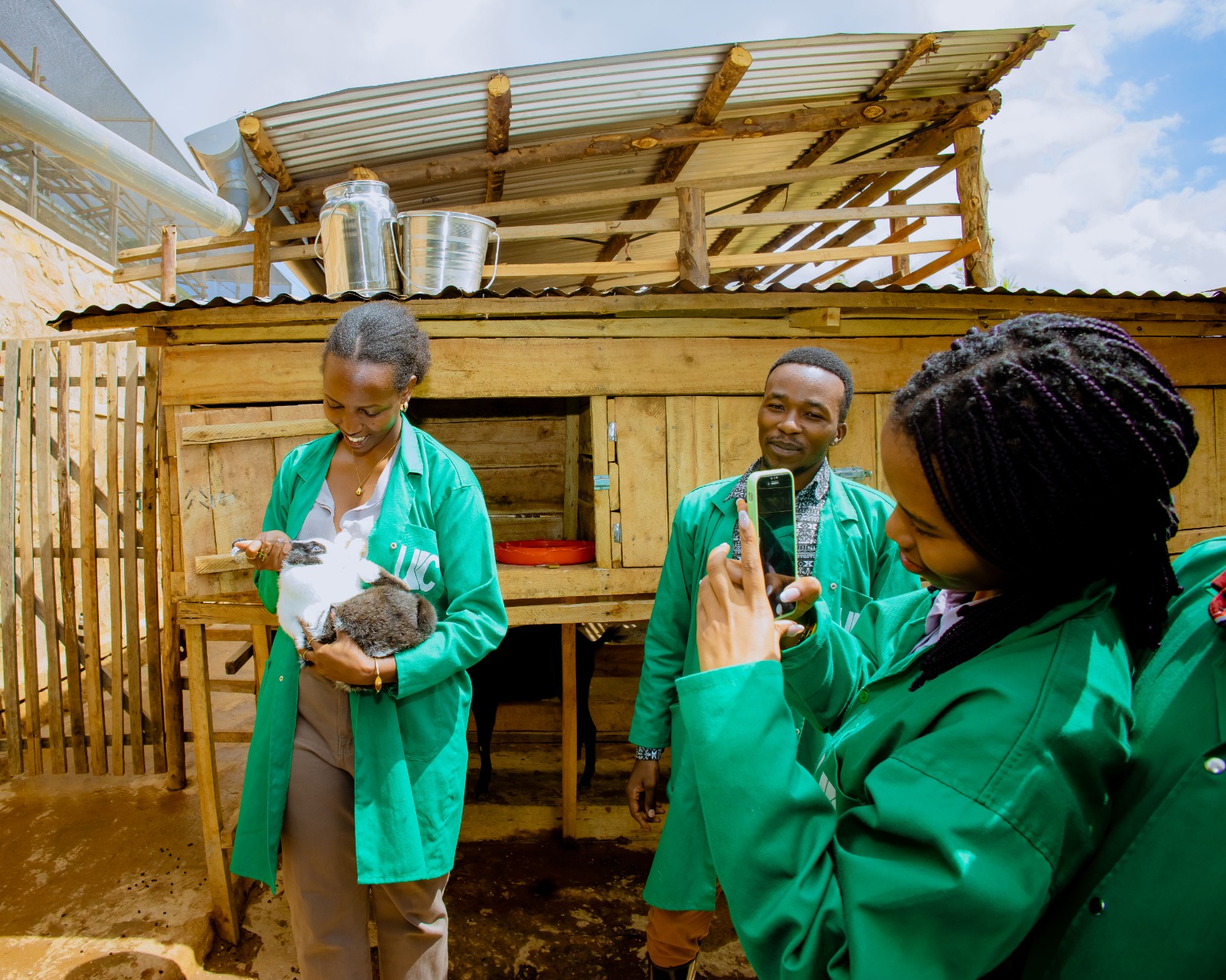
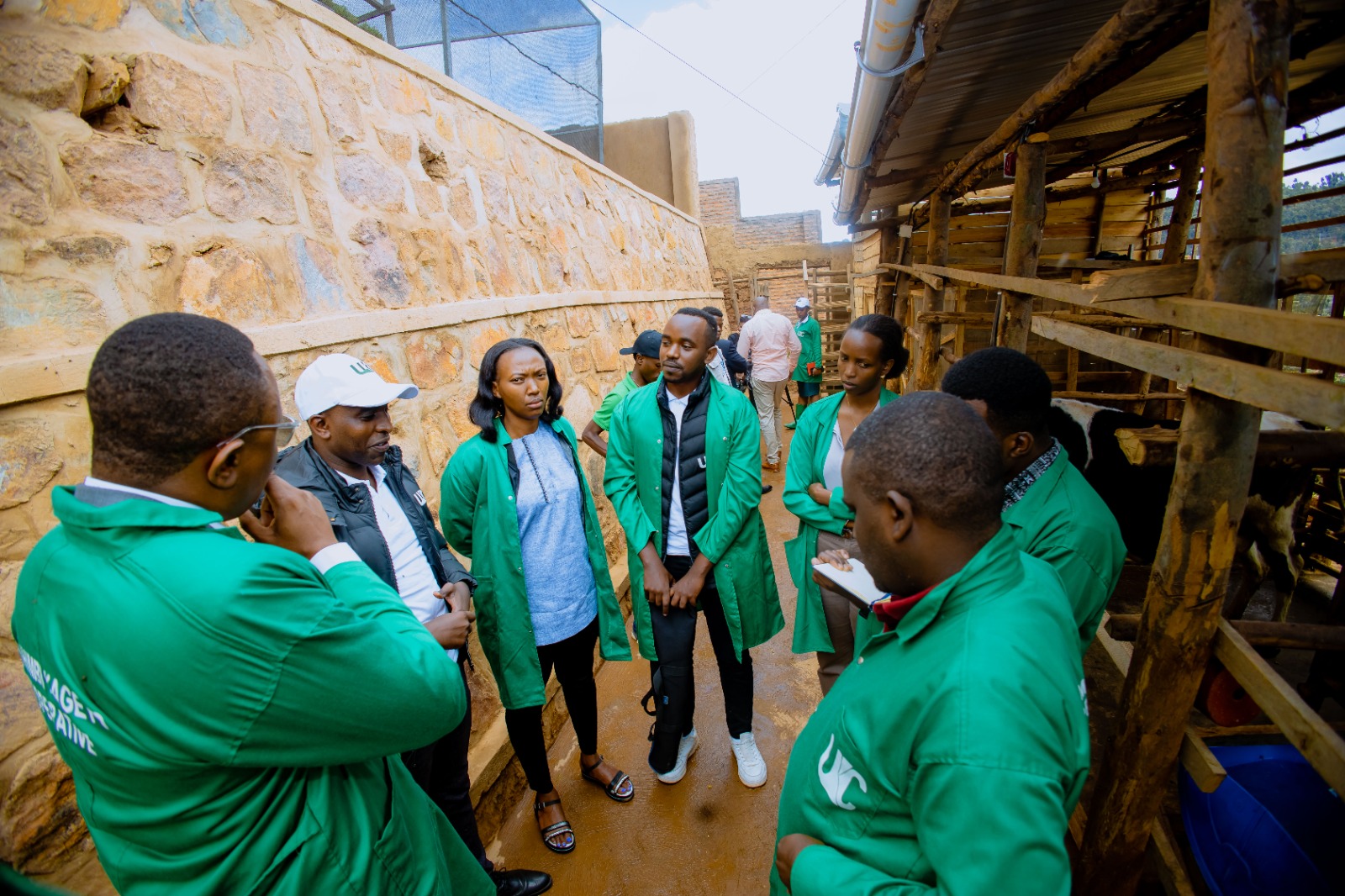

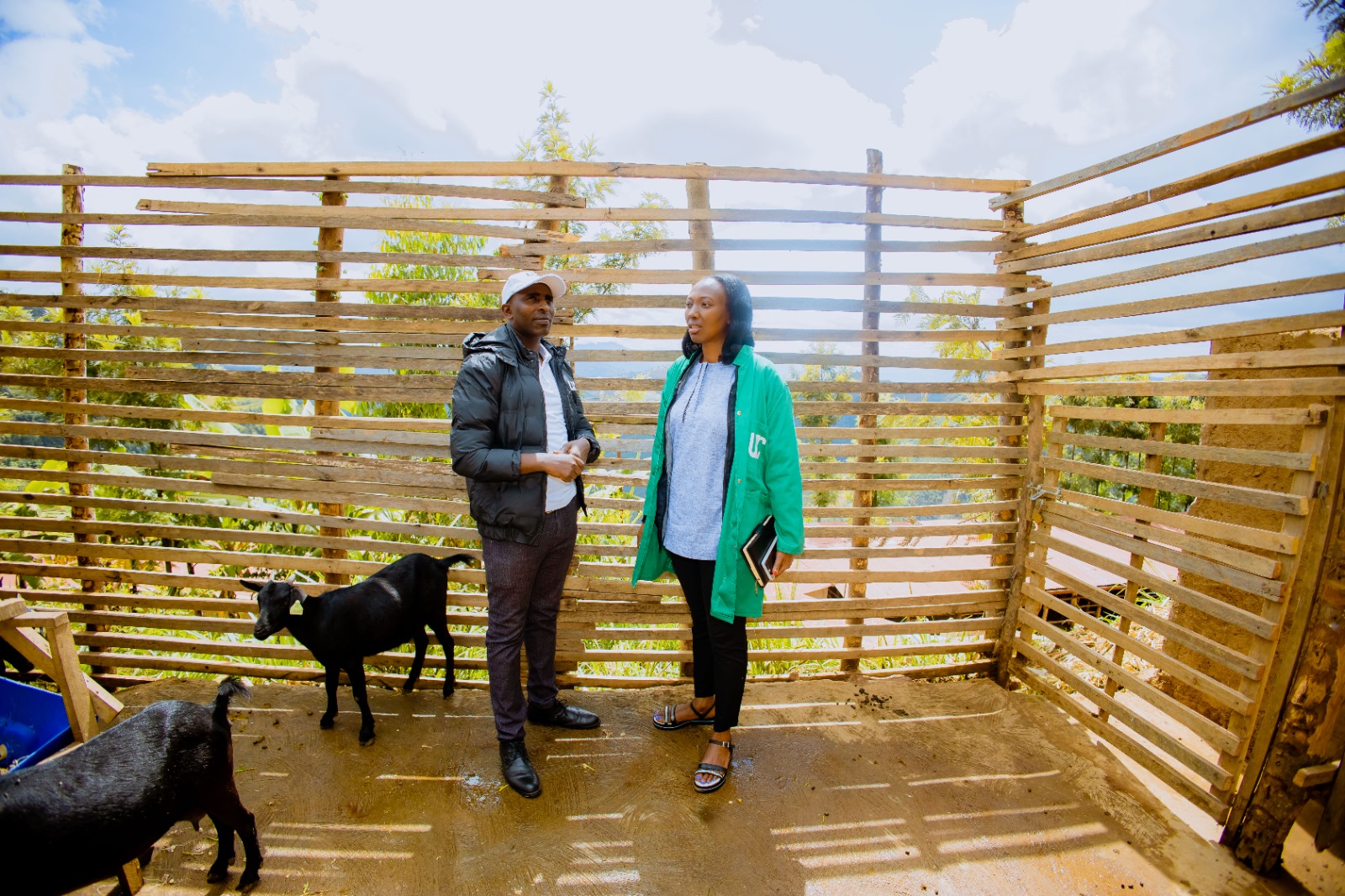
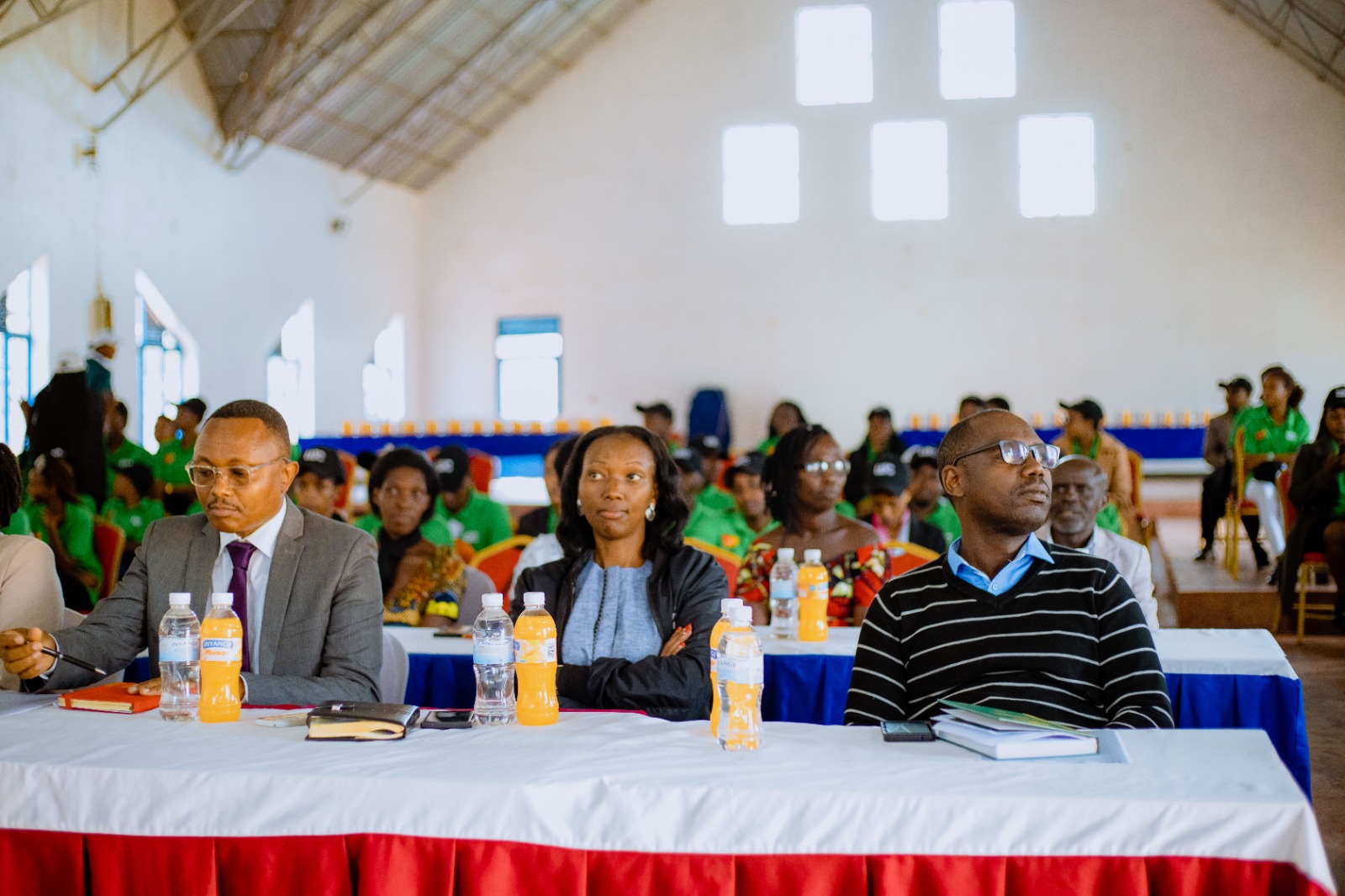
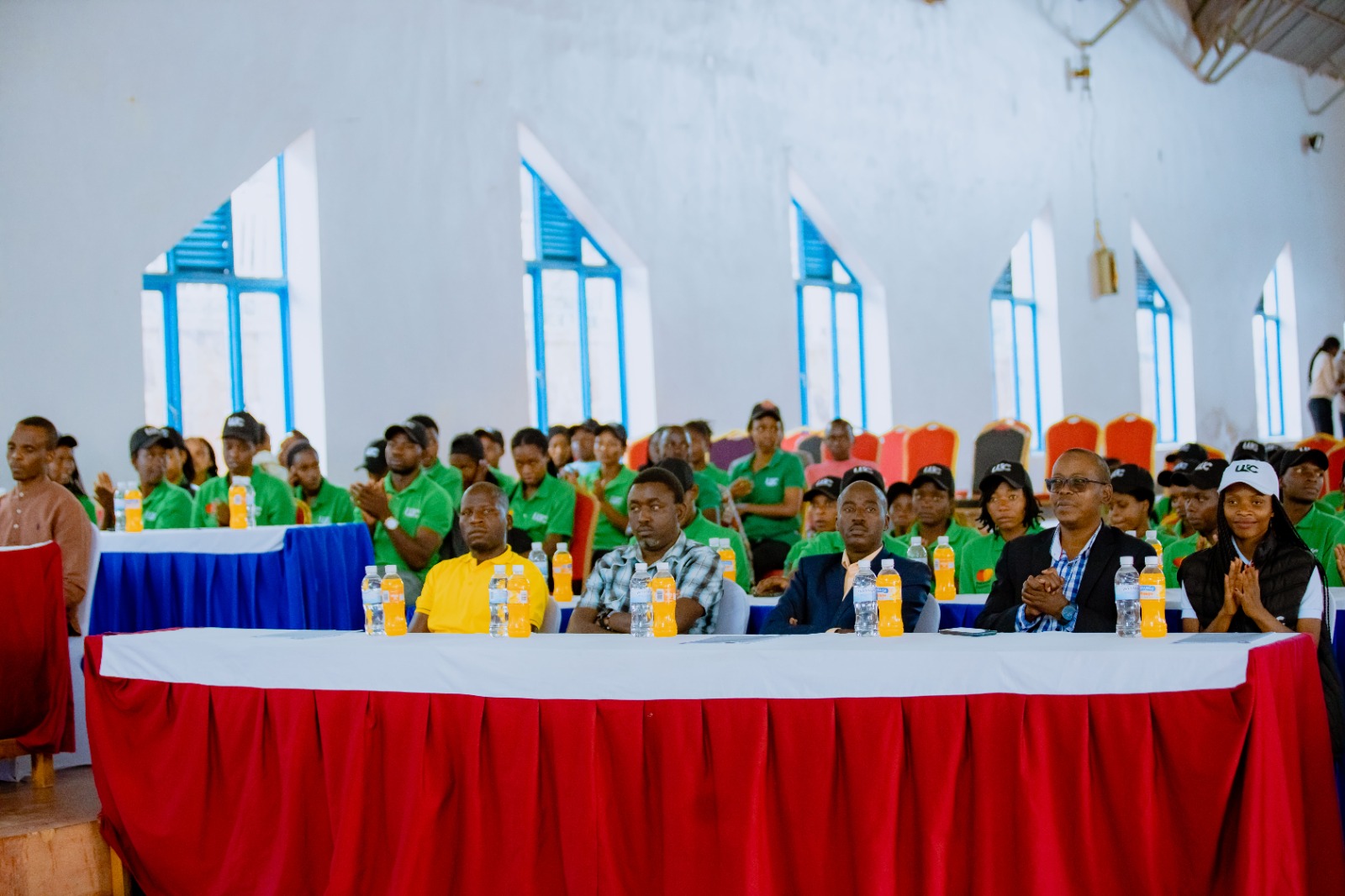
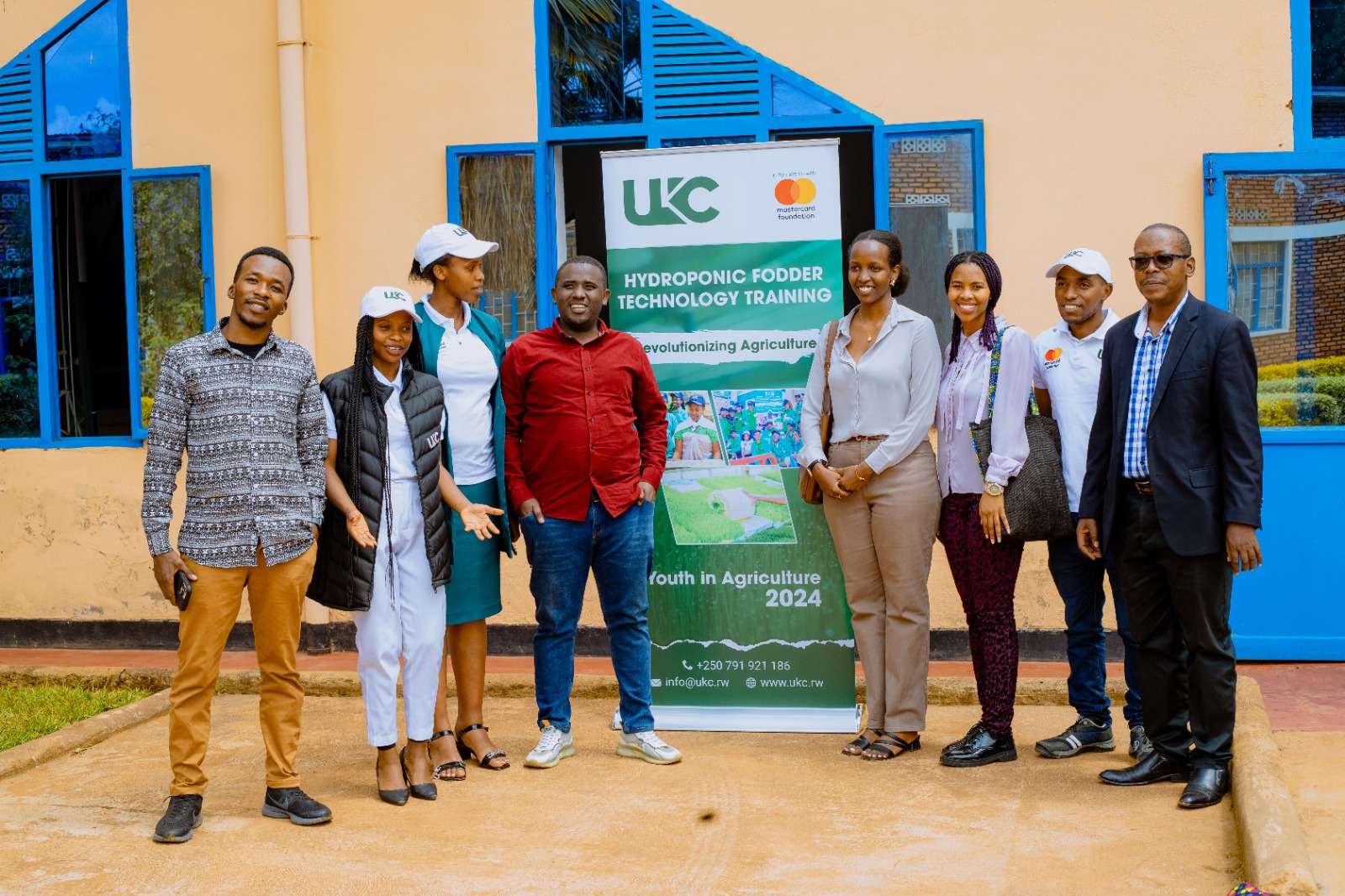
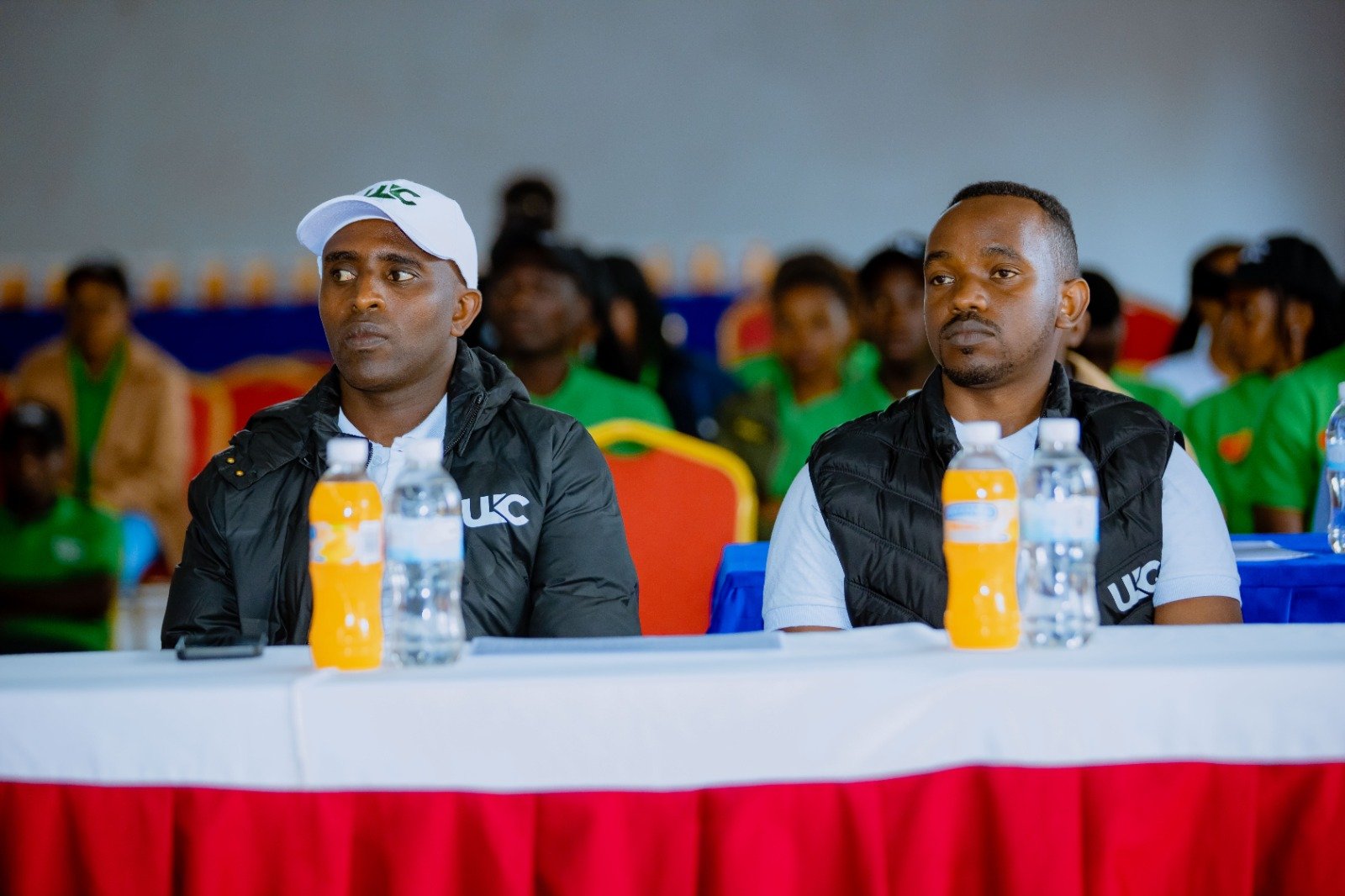
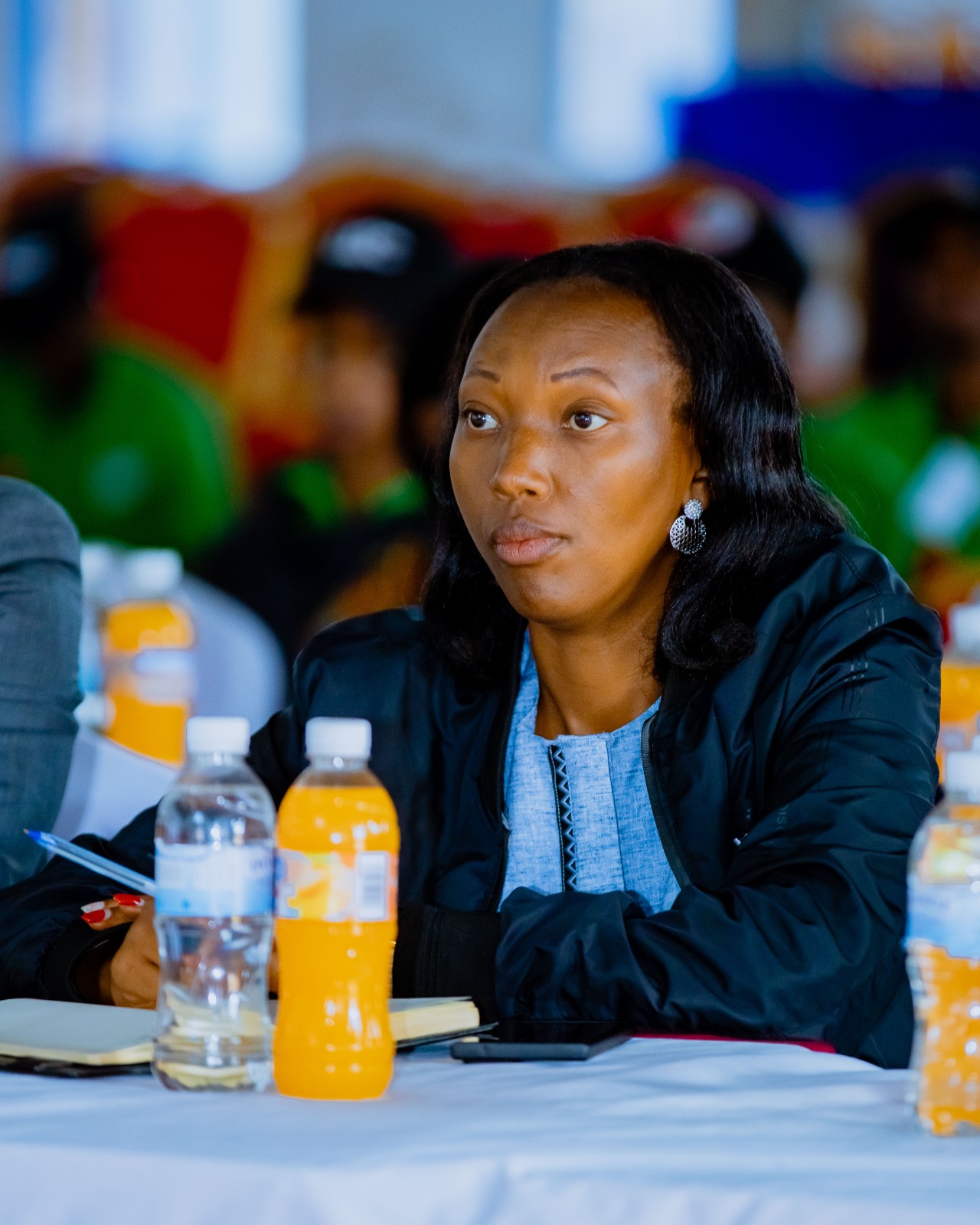
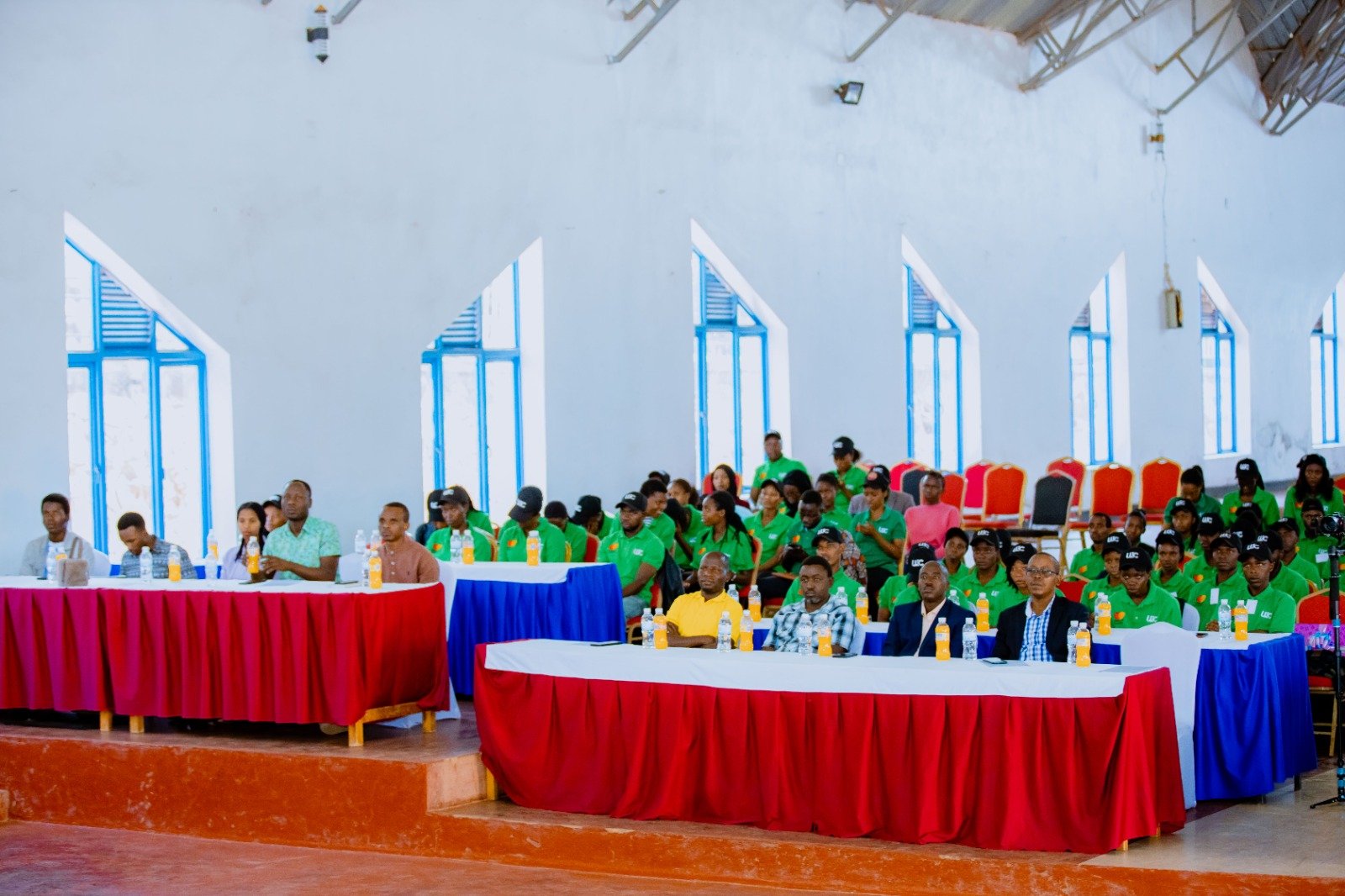
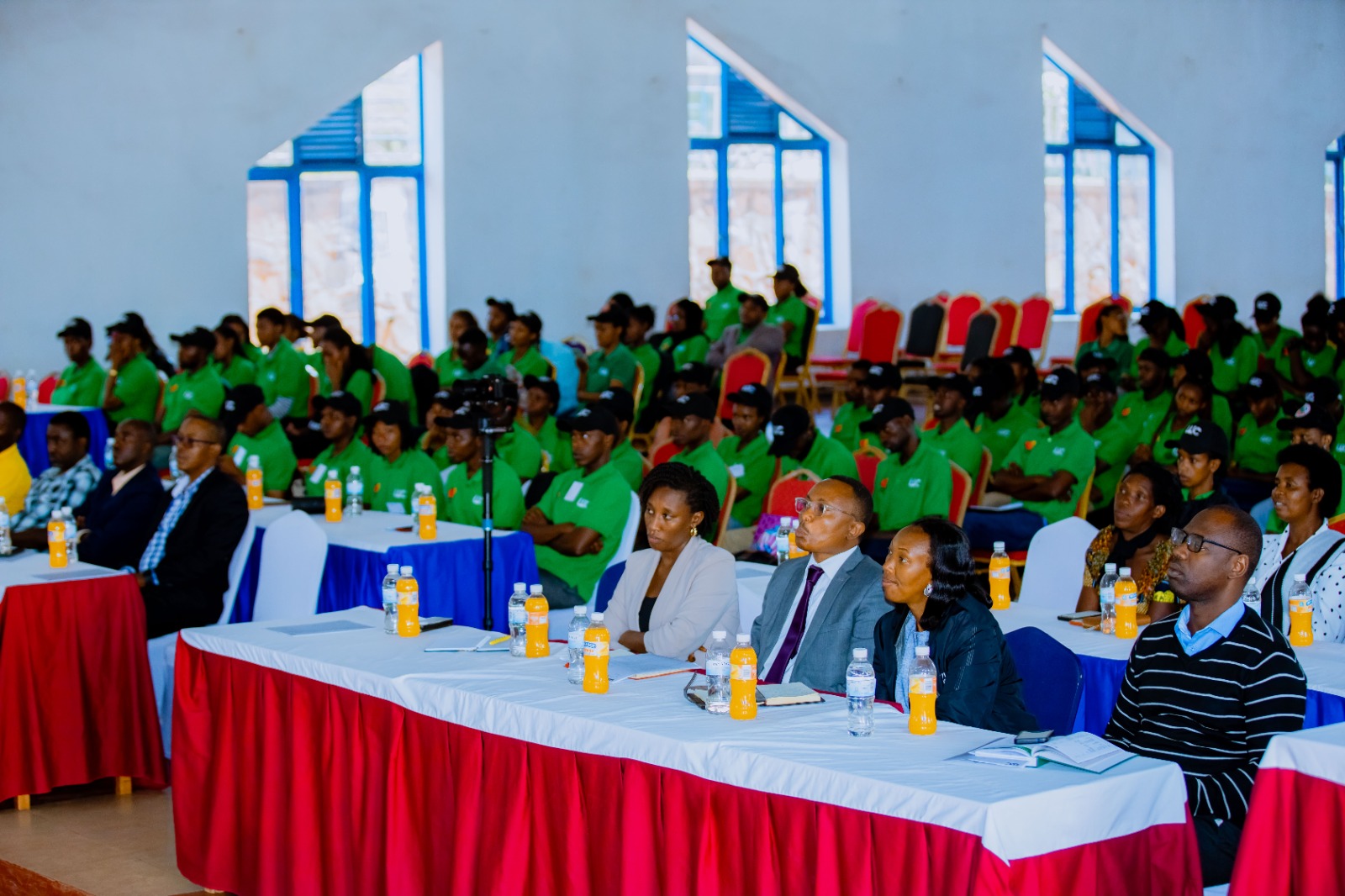
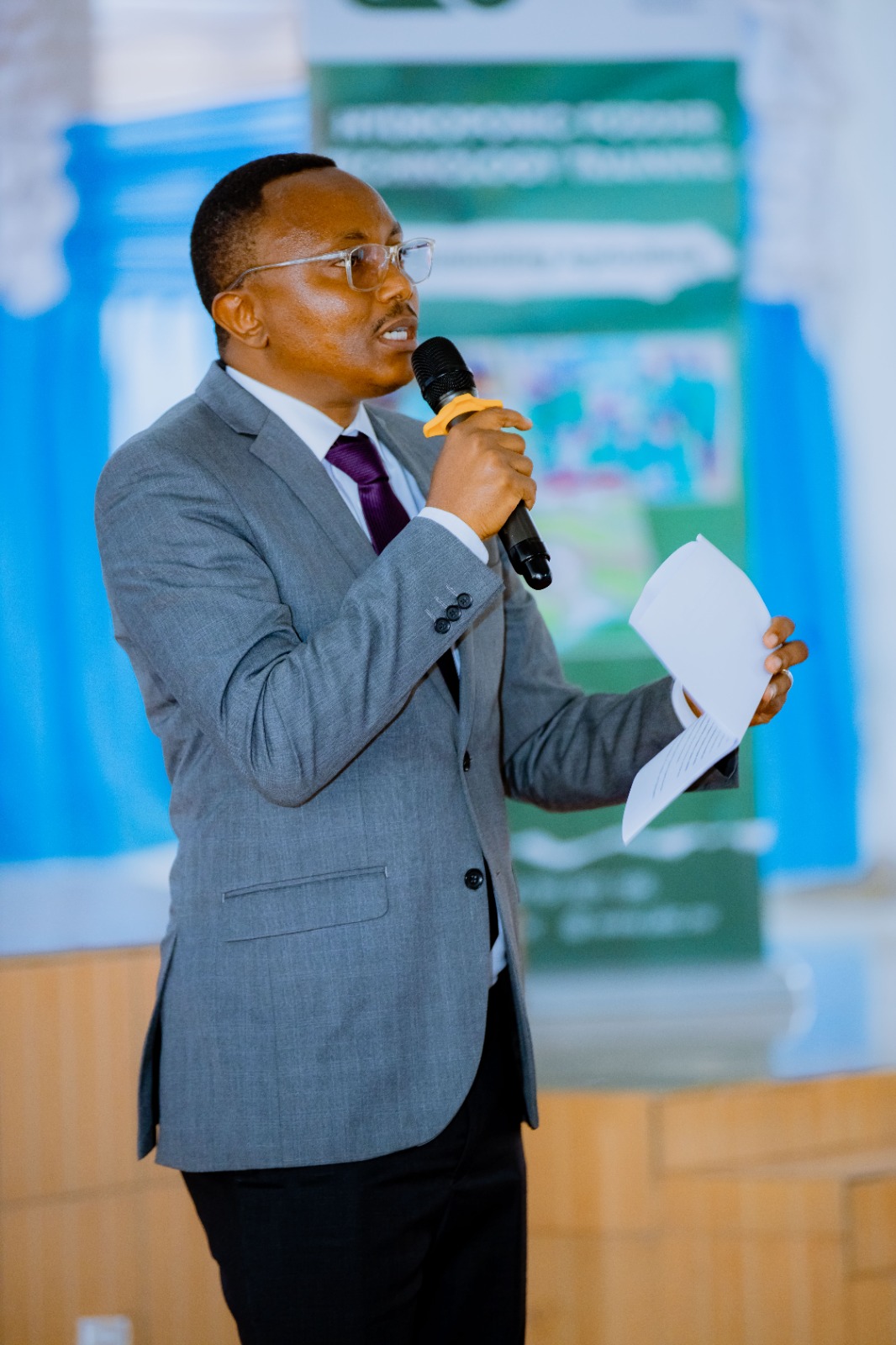
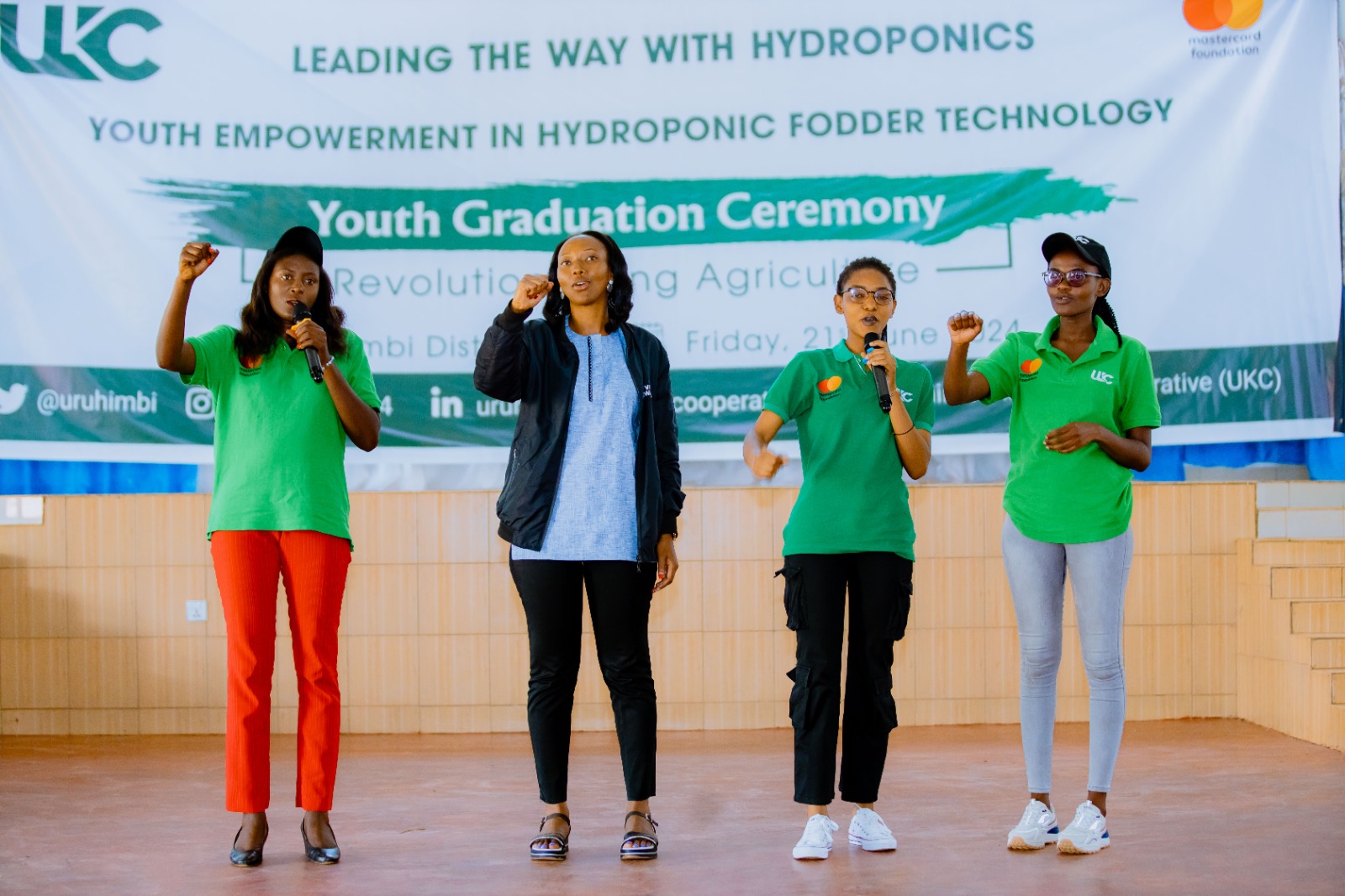
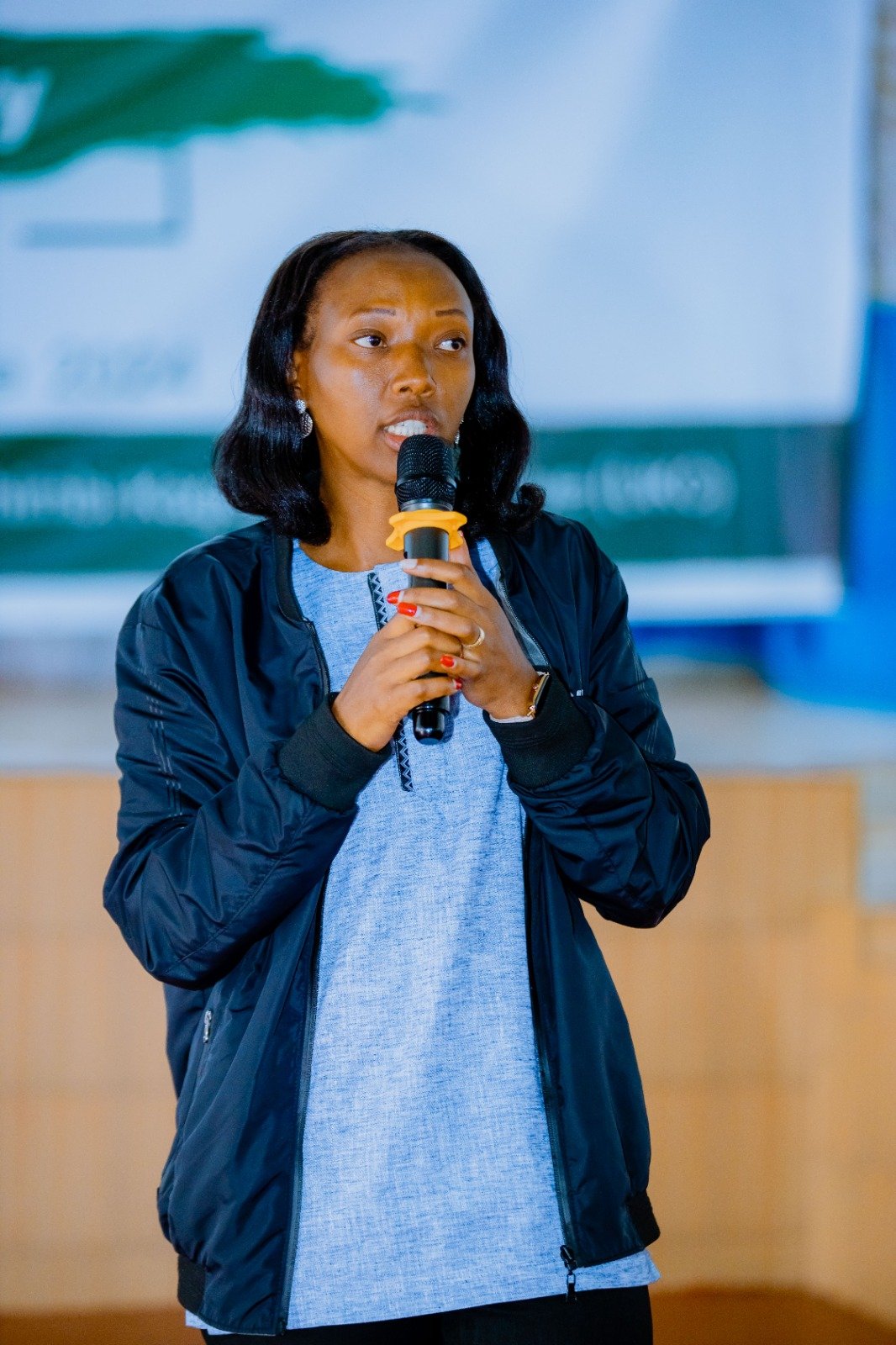
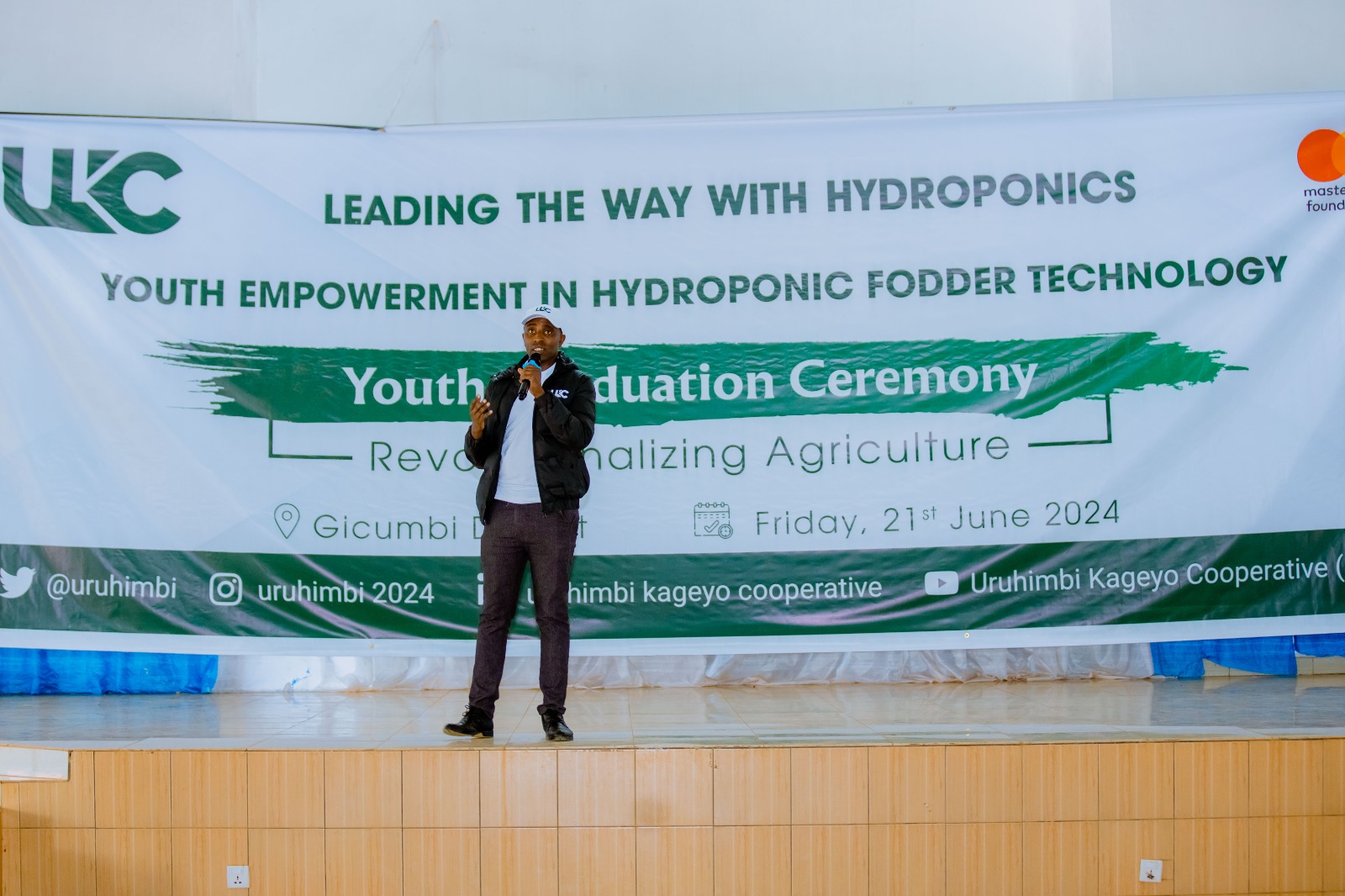
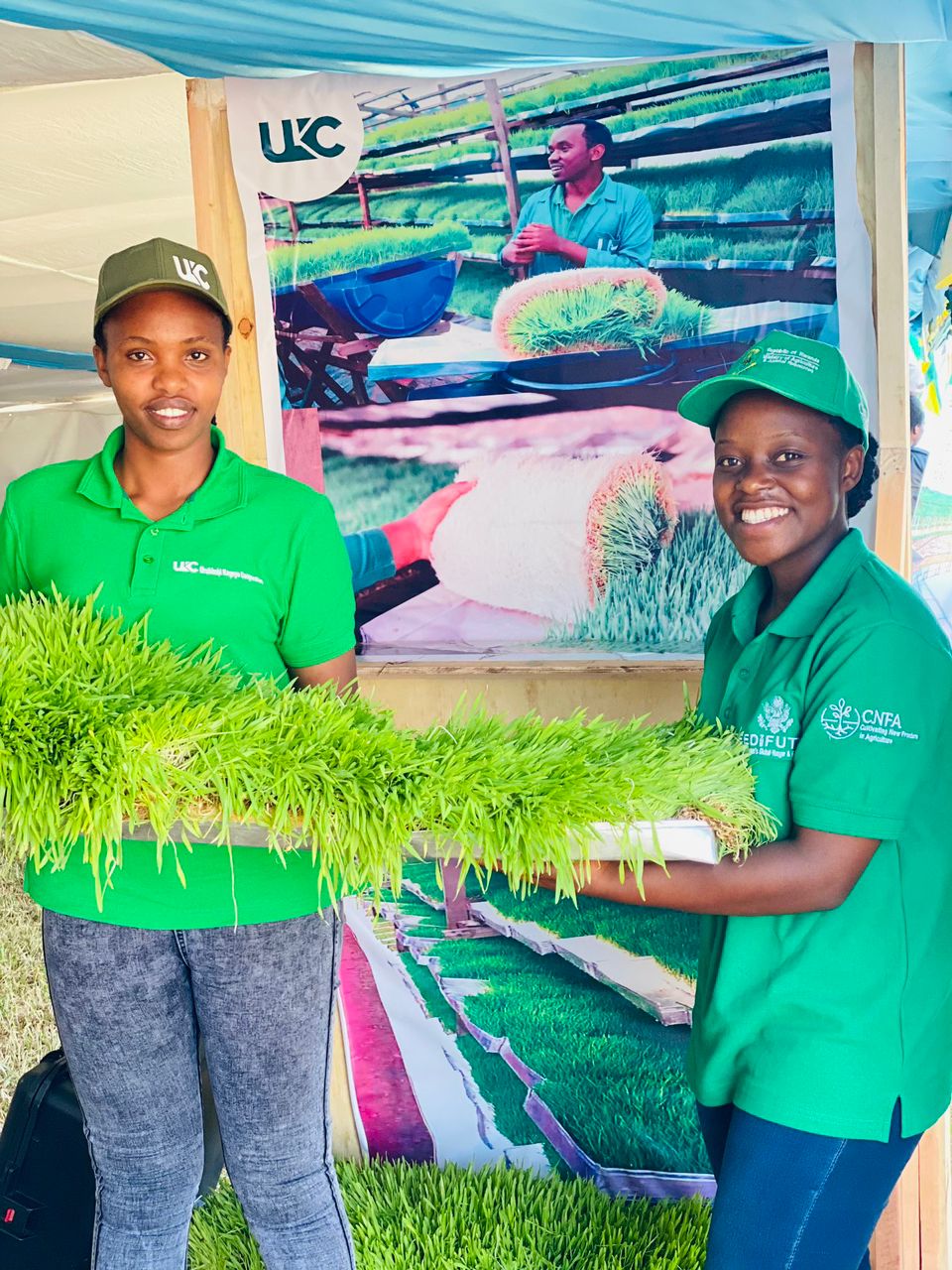
[ad_2]
Source link


